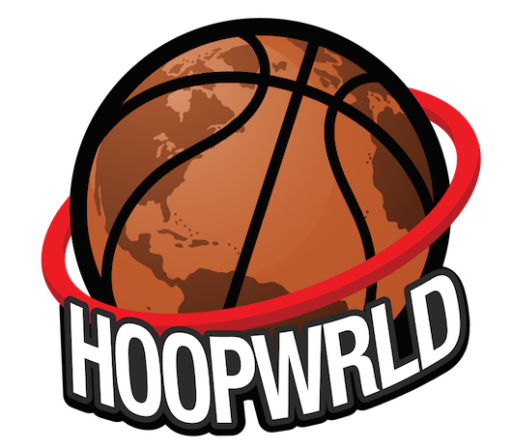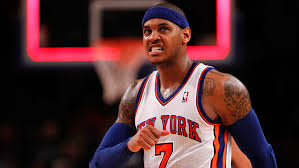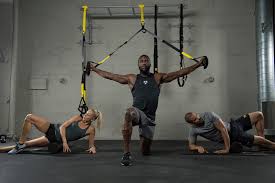The Naismith Memorial Basketball Hall of Fame’s announcement of its 2025 finalists has set the stage for what could be one of the most compelling induction classes in recent memory. While the field of candidates spans the breadth of basketball excellence, historical precedent and the strength of individual resumes suggest a clear hierarchy among the nominees.
The Virtual Locks
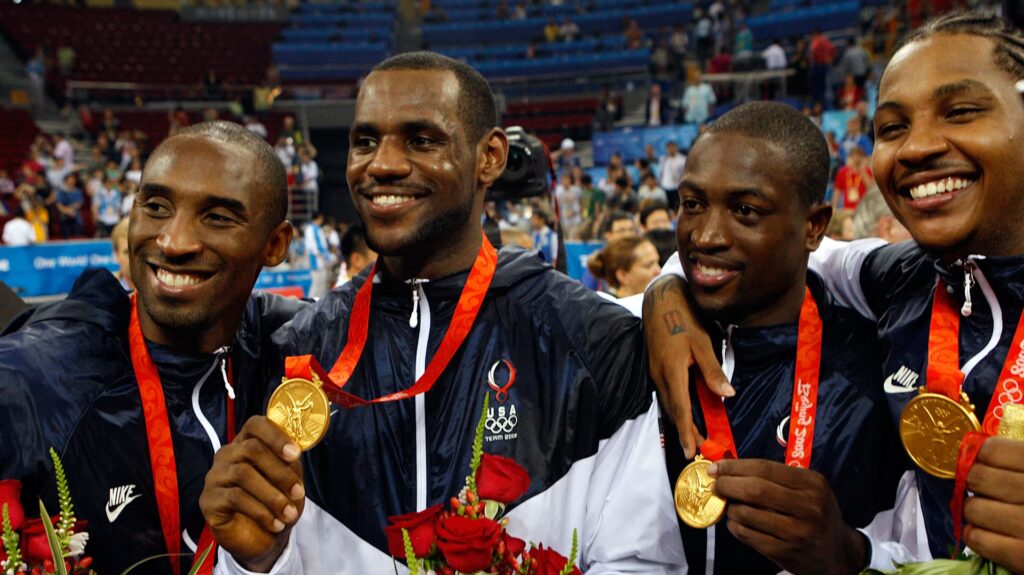
At the forefront stands the 2008 U.S. Olympic Men’s Basketball Team, whose nomination appears to be mere formality. This assemblage of talent, which restored American basketball supremacy after a bronze medal finish in 2004, mirrors the 1992 Dream Team’s immediate induction. The presence of multiple future Hall of Famers – including the late Kobe Bryant, LeBron James, and Dwyane Wade – makes this team’s case irrefutable.
Carmelo Anthony’s candidacy carries similar weight. His 28,289 points (10th all-time) and revolutionary impact on scoring versatility place him alongside recent first-ballot inductees like Ray Allen. Anthony’s collegiate national championship at Syracuse and three Olympic gold medals only reinforce what appears to be an inevitable selection.
Dwight Howard, despite a career arc that drew criticism in its latter stages, presents credentials that the selection committee historically favors. His three consecutive Defensive Player of the Year awards (2009-2011) and eight All-NBA selections align with the immediate induction pattern of defensive anchors like Dikembe Mutombo.
The Women’s Triumvirate
The women’s game presents three candidates whose credentials demand immediate recognition. Sue Bird’s two-decade career of excellence, featuring four WNBA championships and five Olympic gold medals, follows the pattern of immediate induction seen with contemporaries like Tamika Catchings.
Maya Moore’s shorter but brilliant career presents an intriguing case. Her four WNBA titles in seven seasons, combined with her social justice impact, embodies the type of transcendent career the Hall traditionally fast-tracks. Sylvia Fowles, with her combination of statistical dominance and two WNBA championships, rounds out a female trio that could make history with simultaneous induction.
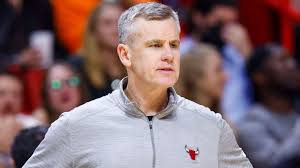
The Coaching Conundrum
Billy Donovan and Mark Few present the selection committee with an interesting dilemma. Donovan’s two national championships at Florida and successful NBA transition echo the resume of recent inductee Bill Self, suggesting strong first-ballot potential. Few’s transformation of Gonzaga from mid-major curiosity to perennial powerhouse, while revolutionary, may face resistance due to his active status. Historical precedent suggests one, but likely not both, will receive the call this year.
The Longer Path
Several candidates face steeper odds, not for lack of merit but due to the exceptional strength at the top of this class. Danny Crawford’s distinguished officiating career, while worthy, follows a pattern where officials typically require multiple attempts for induction. Marques Johnson’s five All-Star selections and innovative point forward play mirror Bernard King’s journey, suggesting future consideration is more likely than immediate induction.
Buck Williams, despite his consistency and three All-Star selections, may find his case overshadowed by more decorated candidates. Team owner Micky Arison, women’s basketball pioneer Molly Bolin, and international legend Tal Brody face the longest odds, as their categories historically require multiple cycles for recognition.
The Likely Outcome
Given the Hall’s typical induction patterns, this year’s class will likely welcome 6-8 new members. The 2008 Olympic Team, Anthony, and Howard appear to be certainties, alongside the trio of Bird, Moore, and Fowles. The final spot likely comes down to Donovan or Few, with precedent favoring Donovan’s championship pedigree.
For the remaining candidates, history suggests patience. The Hall of Fame’s deliberate approach to certain categories – officials, international candidates, and contributors – indicates their recognition may come in future cycles, when the field presents fewer first-ballot luminaries.
The announcement, scheduled for April 5 in San Antonio during the NCAA Final Four, will reveal whether the selection committee follows historical patterns or charts a new course in recognizing basketball excellence. What’s certain is that the Class of 2025, regardless of its final composition, will represent one of the most accomplished groups in the Hall’s storied history.
The enshrinement ceremony, set for September 5-6 in Springfield, Massachusetts, awaits those who survive the final deliberation. For basketball’s newest immortals, it will mark the culmination of careers that changed the sport in ways both measurable and profound.
